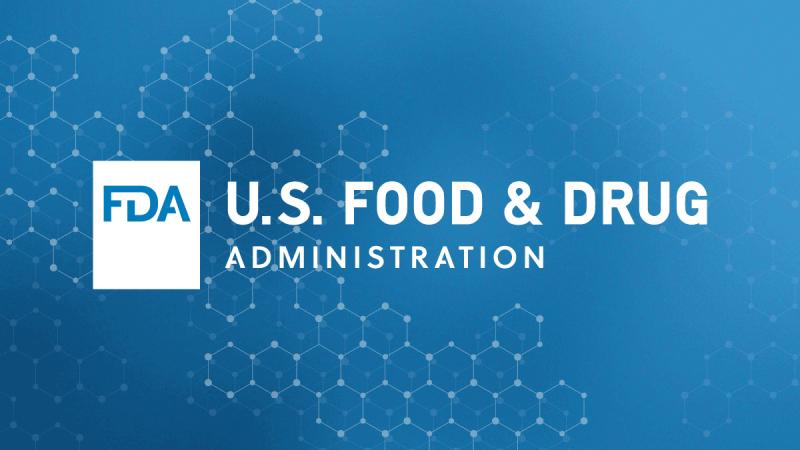The European Food Safety Authority (EFSA) has published an initial risk assessment of using insects as a source of protein for human consumption and animal feed. It concluded:
“The possible presence of biological and chemical hazards in food and feed products derived from insects would depend on the production methods, what the insects are fed on (substrate), the lifecycle stage at which the insects are harvested, the insect species, as well as the methods used for further processing”.
Insects are a source of energy, protein, fat, minerals and vitamins. Mean estimates show energy levels to be around 400–500 kcal per 100 g of dry matter, making them comparable with other protein sources. However, there are some potential biological, chemical and environmental hazards associated with the use of farmed insects as food and feed. Some of these are listed below:
Microbiological hazards
The occurrence of hazards associated with insects is influenced by the nature and the hygienic conditions of the substrate and the farming environment. Pathogenic bacteria may be present in non-processed insects depending on the substrate and the rearing conditions. The prevalence of some of these pathogens (such as Salmonella, verotoxigenic E.coli and Campylobacter) will be lower compared to other non-processed sources of animal protein, since active replication of the pathogens in the intestinal tract does not seem to occur in insects. Furthermore, the risk of transmission of these bacteria could be mitigated through effective processing.
Chemical hazards
Insect derived food and feed products may contain hazardous chemicals, e.g. heavy metals, dioxins, mycotoxins, plant toxins, biocides and veterinary drugs. Also, some insect species produce toxins themselves. However, published data on hazardous chemicals in reared insects as well as data on accumulation/excretion of chemical contaminants from the substrates are very limited.
Environmental hazards
The sustainability of food production practices has increasingly become a topic of concern. The environmental impact of insect farming is expected to be comparable to other animal production systems.



